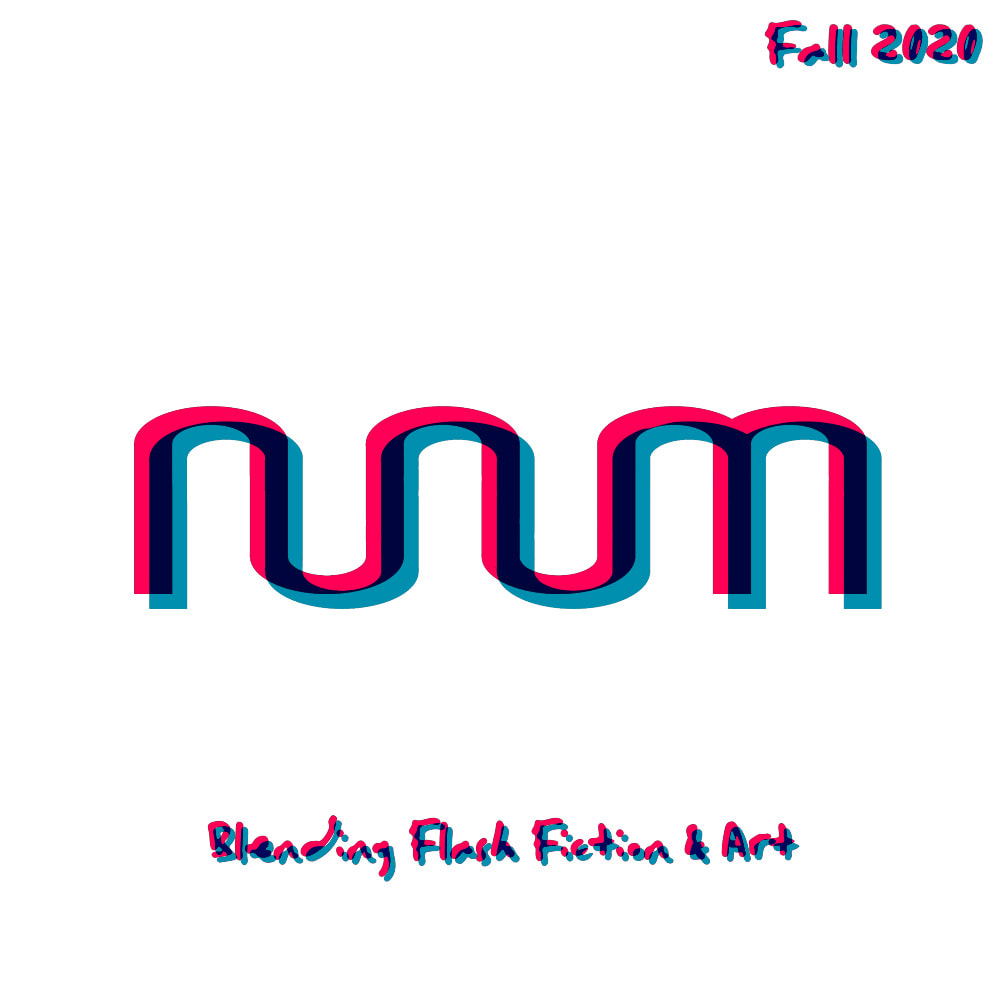The Practical Downsides of Accidental Necromancy
by
Jack Cottrell
It changed her life, the day her brother almost drowned.
Not just the sudden, terrible presence of mortality in their midst — but because she had saved him. Hauled his lifeless, floppy body from the pool and performed CPR, while their cousin called an ambulance.
He wasn’t breathing when she started humming ‘Stayin’ Alive’ to time the compressions, like she’d read on Facebook. Yet by the time the paramedics arrived, he was conscious, with only a concussion from hitting his head when he fell into the pool.
That day, she decided she wanted to become one of those paramedics.
Except she couldn’t pass the first-aid course. Twice she had been too weak to do compressions on the dummy to the right depth for long enough.
She couldn’t understand it — her brother was 18, well-built, and she’d resuscitated him easily enough. She supposed it had been the adrenaline.
A few months later, and she witnessed a second accident. The little boy from across the street, rushing into the road. The car, going too fast to stop. A screech, a thud, and her neighbour hit the ground like a broken toy.
“DRSABCD... DRSABCD...” she muttered, trying to find a pulse. She couldn’t. She checked his airway, mindful of spinal trauma.
Then, there it was! A fluttering in his neck, where thirty seconds before there had been nothing. Again she greeted the paramedics, and accompanied her neighbour to the hospital.
She sat on a plastic chair in the waiting room for hours, until the boy’s mother emerged from the cubicle, hugged her tight, and sobbed that he was going to be okay.
“I still can’t pass that dummy test,” she complained to her brother while they watched TV that evening.
“Maybe you only save people who’ve actually died,” he said in a breezy tone, “That would explain everything.” They both laughed.
The next morning, she signed up for her third first-aid course.
Not just the sudden, terrible presence of mortality in their midst — but because she had saved him. Hauled his lifeless, floppy body from the pool and performed CPR, while their cousin called an ambulance.
He wasn’t breathing when she started humming ‘Stayin’ Alive’ to time the compressions, like she’d read on Facebook. Yet by the time the paramedics arrived, he was conscious, with only a concussion from hitting his head when he fell into the pool.
That day, she decided she wanted to become one of those paramedics.
Except she couldn’t pass the first-aid course. Twice she had been too weak to do compressions on the dummy to the right depth for long enough.
She couldn’t understand it — her brother was 18, well-built, and she’d resuscitated him easily enough. She supposed it had been the adrenaline.
A few months later, and she witnessed a second accident. The little boy from across the street, rushing into the road. The car, going too fast to stop. A screech, a thud, and her neighbour hit the ground like a broken toy.
“DRSABCD... DRSABCD...” she muttered, trying to find a pulse. She couldn’t. She checked his airway, mindful of spinal trauma.
Then, there it was! A fluttering in his neck, where thirty seconds before there had been nothing. Again she greeted the paramedics, and accompanied her neighbour to the hospital.
She sat on a plastic chair in the waiting room for hours, until the boy’s mother emerged from the cubicle, hugged her tight, and sobbed that he was going to be okay.
“I still can’t pass that dummy test,” she complained to her brother while they watched TV that evening.
“Maybe you only save people who’ve actually died,” he said in a breezy tone, “That would explain everything.” They both laughed.
The next morning, she signed up for her third first-aid course.
NUNUM
Blending Flash Fiction & Art
independent press, independent publisher, independent publishing, lit mag, literary journal, literary magazine, small press, small publisher, small publishing, small magazine, small journal, paying market, submission opportunity, submission opportunities, flash fiction submission opportunity, nano-fiction submission opportunity, sudden fiction submission opportunity, microfiction submission opportunity





